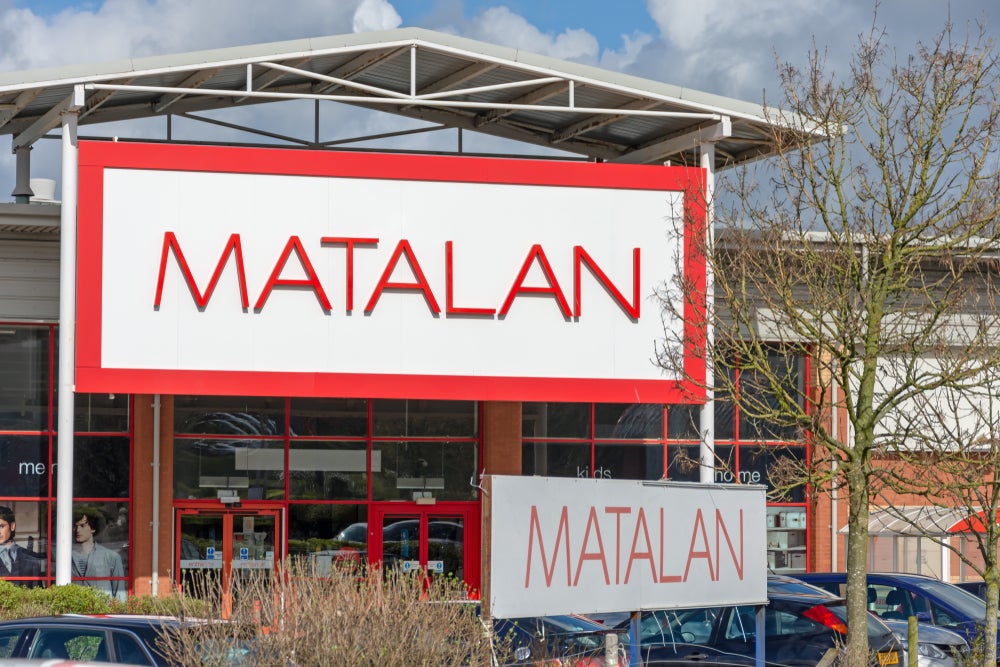
High pressure tactics used by apparel and footwear brands and retailers during cost negotiations are not only impacting suppliers’ profitability but also threaten their social and environmental sustainability too, a new survey has found.
The latest look at the purchasing practices of brands and retailers also shows new challenges have emerged since the Covid-19 crisis, as buyers change their pricing and ordering strategies amid ongoing caution over consumer demand.
But the good news, according to the third in a series of special reports from the Better Buying initiative, which focuses on ‘Cost and cost negotiation and the need for new practices,’ is that some buyers do appear to be engaging more with their suppliers on pricing.
Feedback from 147 suppliers in 30 countries shows one of the strategies with the highest impact on a supplier’s profitability is buyers demanding level prices be maintained from year to year, with no consideration for higher raw materials, energy or wage costs. Likewise a “take it or leave it” approach pushes suppliers to meet the target cost or lose the order.
Nor surprisingly, a hit to profitability has a knock-on impact when it comes to providing good working conditions and wages, and environmental performance.
How well do you really know your competitors?
Access the most comprehensive Company Profiles on the market, powered by GlobalData. Save hours of research. Gain competitive edge.

Thank you!
Your download email will arrive shortly
Not ready to buy yet? Download a free sample
We are confident about the unique quality of our Company Profiles. However, we want you to make the most beneficial decision for your business, so we offer a free sample that you can download by submitting the below form
By GlobalDataSee Also:
Better Buying hopes that sharing feedback from suppliers will help to drive industry-wide improvements in retail and brand purchasing practices.
Post-pandemic practices
Almost all suppliers confirmed buyers have started placing new orders since the onset of Covid-19, but are proceeding cautiously amid ongoing uncertainty around how phased re-openings and the emergence of new outbreaks across the globe will impact consumer demand.
The biggest changes are being seen in a drop in order volume compared to previous orders or seasons, smaller volumes at the same price, and lower target prices from previous orders.
As for best practices, one-third of suppliers reported increased dialogue with their buyers – a practice Better Buying has advocated for throughout the pandemic.
Practices that are helping to lower costs without squeezing suppliers include providing long-range buying plans, listening to suppliers’ suggestions for altering product specifications to reduce costs, providing accurate forecasts in advance, and meeting minimum order quantities when placing orders.
Suppliers also highlighted the importance of their customers engaging in dialogue rather than using one-way directives. Some also explained how their customers are paying for or making use of cancelled materials by redesigning or developing them into new products to save on fabric costs.
“These findings demonstrate the varied ways that cost pressures can be reduced for suppliers” explains Marsha Dickson, president and co-founder of Better Buying.
“While in some cases buyers may need to pay more to cover the costs of everything they are asking for, planning and forecasting, design and development, and other practices beyond cost negotiations can help them reduce operational costs and support win-win solutions with their suppliers.”
The opportunity for the apparel and footwear industry to shape a new standard for purchasing practices was also covered in the survey.
The majority of suppliers said they believe there should be minimally acceptable costing practices for buyers. The highest priority practices to implement as standards are providing a reasonable target price, not requesting price reductions after an order is placed or shipped, and avoiding making changes to order details once the price is confirmed.
“These priorities are not unreasonable – in fact, it is hard to understand why they aren’t already standard practices,” says Kelly Allen, strategic partnerships manager for Better Buying.
“Listening to suppliers and working with them toward win-win solutions can help raise the bar for how costing is carried out, eliminating impossibly low target prices and the high-pressure cost negotiation strategies needed to reach them.”








